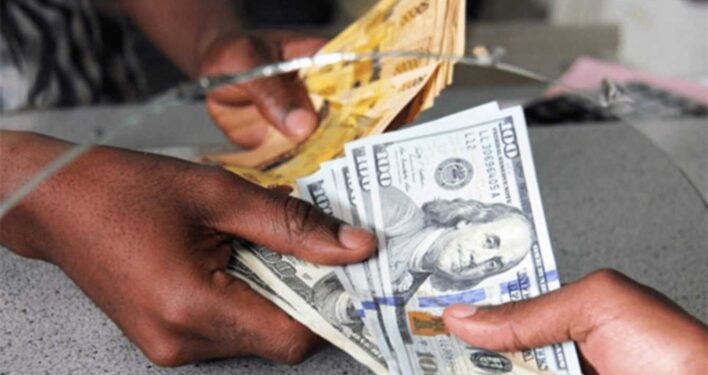The Bank of Ghana (BoG) has restated that it is unlawful for businesses and individuals to price, advertise, or demand payment in foreign currencies such as the US dollar for goods and services in Ghana.
In a statement dated Wednesday, August 27, 2025, and signed by Ms. Aimee V. Quashie on behalf of the Secretary of the Bank, the BoG directed public and private institutions, as well as individuals, to halt all unlicensed or unauthorised foreign exchange transactions.
These prohibited practices include black market dealings, quoting prices in foreign currencies, issuing receipts, and receiving payments in currencies other than the Ghana cedi.
The Central Bank emphasised that the cedi remains the sole legal tender in the country. Unless duly licensed or authorised, residents of Ghana are not permitted to invoice or transact in foreign currencies.
The directive covers a wide range of activities, including the payment of school fees, the sale and rental of vehicles and real estate, airline ticketing, hotel accommodation, retail transactions, online sales, and domestic contracts.
According to the guidelines, foreign currency invoicing is allowed only for expatriates or non-residents, with all proceeds required to be paid into a Foreign Exchange Account (FEA) at a licensed bank. Exchange rates quoted on such invoices must reflect market rates offered by commercial banks and align with the BoG’s published reference rate.
The Bank assured the public that legitimate foreign exchange transactions for external payments remain available through the formal banking system, subject to regulatory thresholds and internal procedures of commercial banks.
The BoG warned that breaches of the Foreign Exchange Act, 2006 (Act 723) will attract sanctions and possible legal action.
Read Also: Asiedu Nketia Rejects Calls for State of Emergency to Fight Galamsey

























